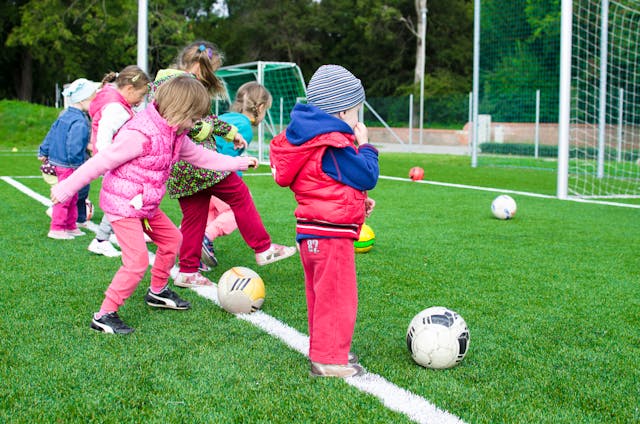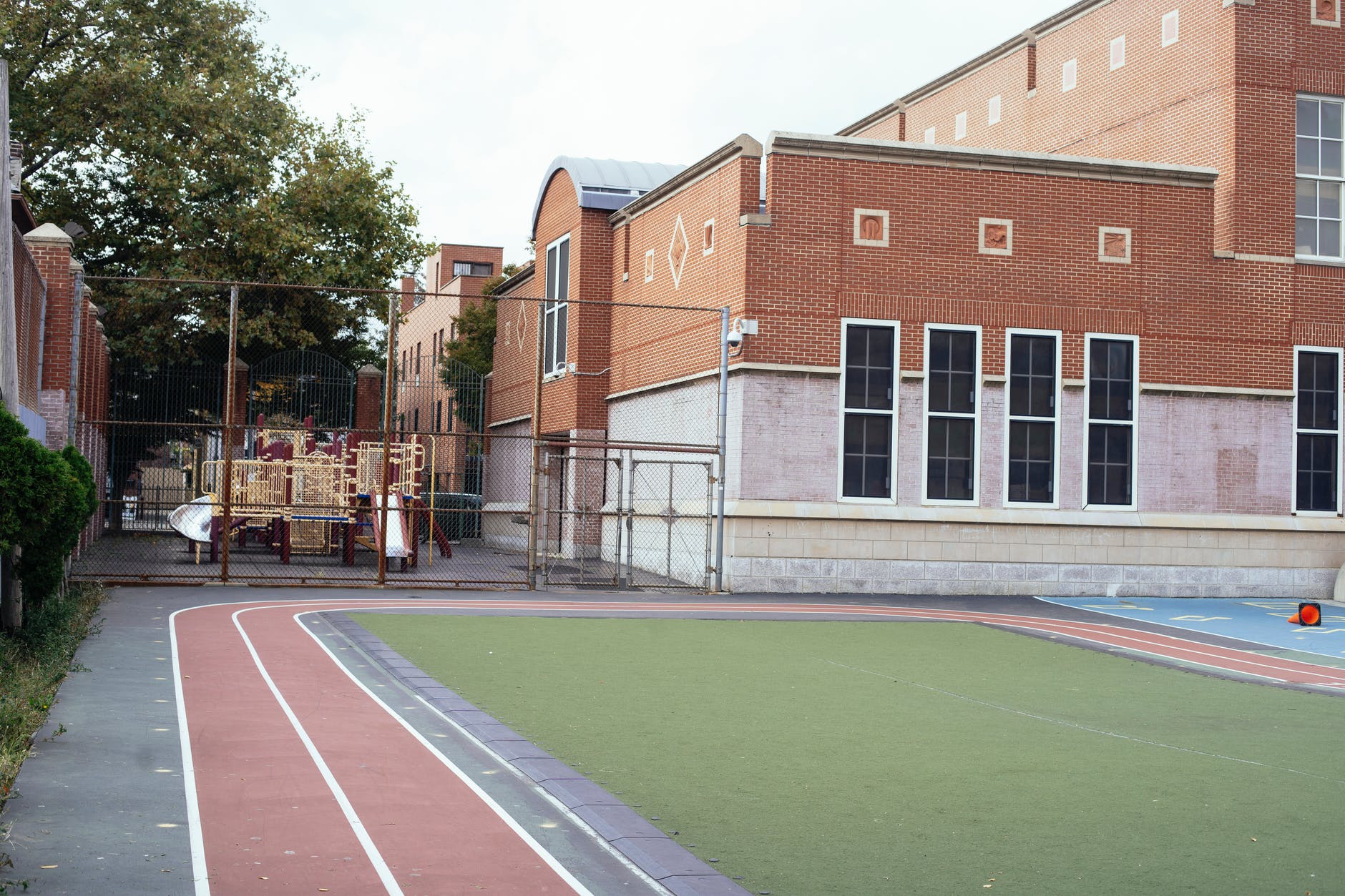Introduction
Parenting styles vary widely, and one that has gained considerable attention in recent years is helicopter parenting.
Helicopter parenting refers to a style of parenting where parents closely hover over their children, constantly
monitoring and controlling their activities.
While this approach may stem from good intentions, it is essential to understand its signs, pros and cons, and how
to change it for the well-being of both parents and children.
Understanding Helicopter Parenting
Helicopter parenting is characterized by excessive involvement in a child’s life, often driven by a desire to protect and
shield them from any harm or failure.
Parents who practice this parenting style are highly controlling, overly involved in their children’s decisions, and tend
to micromanage their daily activities.
They may constantly intervene in their child’s schoolwork, social interactions, and even personal choices.
Signs of Helicopter Parenting
Overprotectiveness:
Helicopter parents tend to be excessively concerned about their child’s safety, leading them to be overprotective.
They may constantly worry about potential dangers, restrict their child’s independence, and avoid exposing them to
challenging situations.
Constant Monitoring:
Helicopter parents have a tendency to constantly monitor their child’s activities.
They may frequently check up on their child, invade their privacy, and seek detailed information about their
whereabouts.
Excessive Involvement:
These parents tend to be heavily involved in their child’s academic and extracurricular activities.
They may overly focus on achieving high grades, micromanage homework assignments, and make decisions on
behalf of their child without allowing them to take responsibility.
Pros of Helicopter Parenting
Safety and Protection:
Helicopter parenting can provide a sense of security for both the parent and the child.
Parents who closely monitor their children’s activities can ensure they are safe and protected from potential harm.
Academic Success:
By closely overseeing their child’s education, helicopter parents can ensure that their child meets academic
expectations and achieves high grades.
This level of involvement may lead to better performance in school.
Cons of Helicopter Parenting
Lack of Independence:
Helicopter parenting can hinder a child’s development of independence and self-reliance.
Constant supervision and intervention limit their ability to make decisions and solve problems on their own, potentially
affecting their long-term development.
High Stress Levels:
The pressure to constantly perform and meet their parents’ expectations can cause significant stress for children.
This stress can lead to anxiety, low self-esteem, and a fear of failure.
Limited Resilience:
Helicopter parenting can prevent children from learning important life skills, such as problem-solving and decision–
making.
Without the opportunity to face challenges and experience failure, children may struggle to develop resilience and
adaptability.
How to Change Helicopter Parenting
Encourage Independence:
Gradually give your child more responsibilities and opportunities to make decisions.
Start with age-appropriate tasks and allow them to learn from their mistakes.
Foster Communication:
Establish open lines of communication with your child.
Encourage them to express their thoughts, feelings, and opinions, and listen attentively without judgment.
Set Realistic Boundaries:
Establish clear boundaries that allow your child to explore their independence while ensuring their safety.
Let them experience the consequences of their actions within a safe environment.
Practice Self-Care:
Take time for yourself as a parent and focus on your well-being.
Engage in activities that reduce stress and help you maintain a balanced perspective on parenting.
Conclusion
While helicopter parenting may stem from a place of love and concern, it is important to strike a balance between
involvement and independence.
By recognizing the signs of helicopter parenting and understanding its pros and cons, parents can make informed
decisions about how to best support their child’s growth.
By promoting independence, fostering open communication, and setting realistic boundaries, parents can gradually
transition to a more balanced and nurturing parenting style, fostering their child’s development and well-being.
![]()











